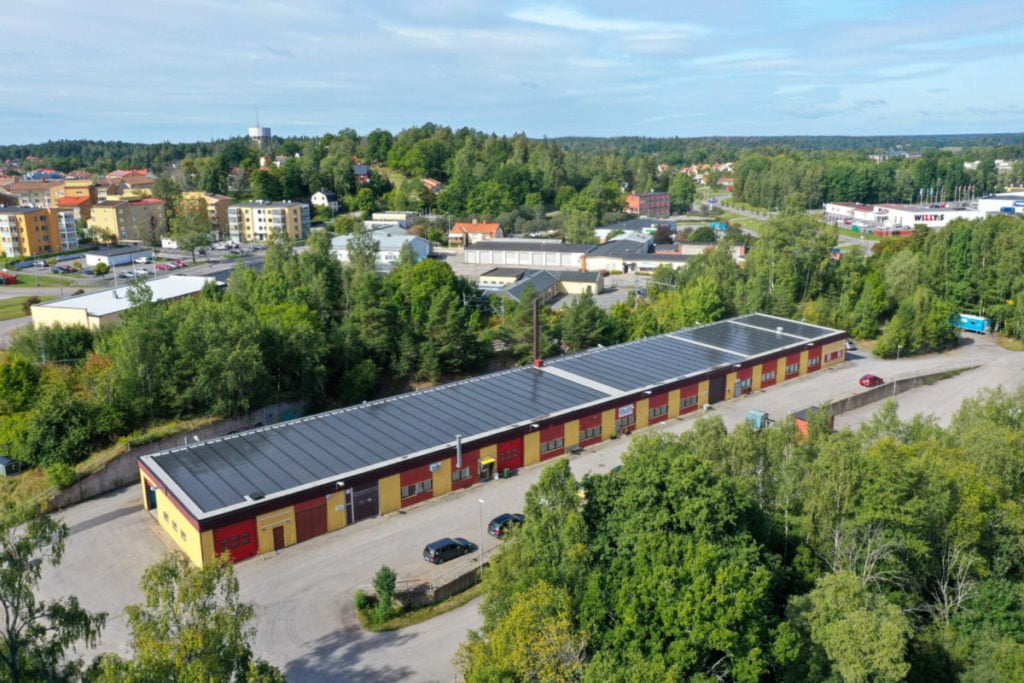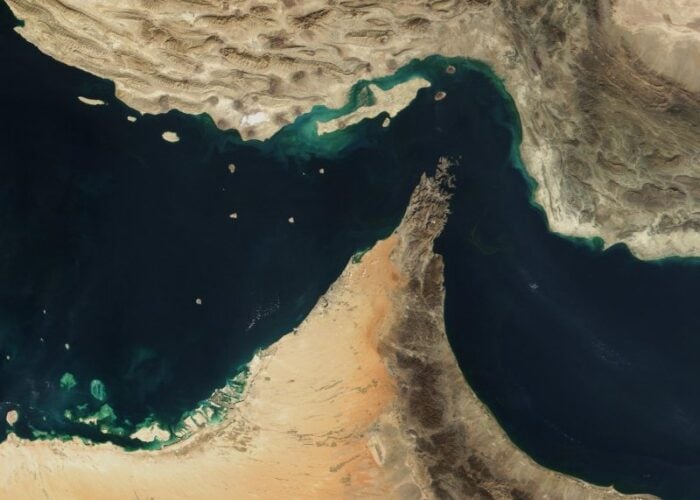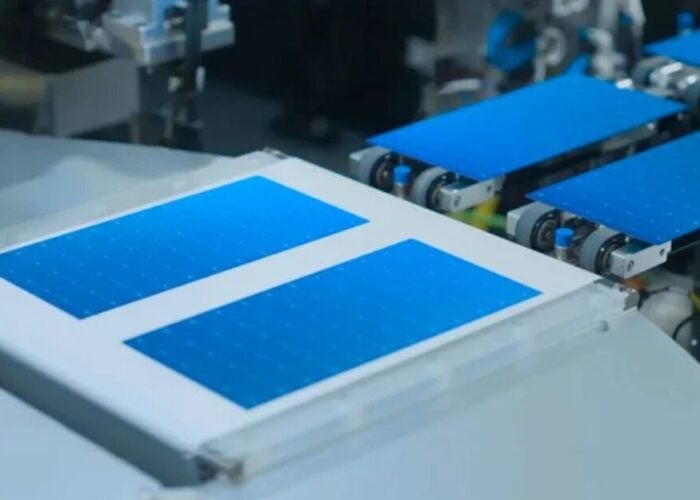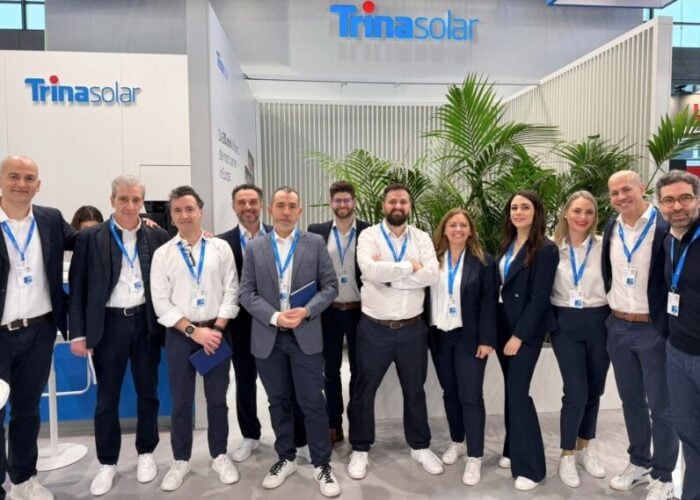
Swedish thin-film solar cell company Midsummer has been awarded €2.8 million (US$3 million) by the Italian government to research tandem perovskite cell technology.
The Italian Ministry of University and Research selected Midsummer alongside the National Research Council and the Consorzio Hypatia research institute to develop a tandem copper indium gallium selenide (CIGS)-perovskite thin-film solar cell.
Try Premium for just $1
- Full premium access for the first month at only $1
- Converts to an annual rate after 30 days unless cancelled
- Cancel anytime during the trial period
Premium Benefits
- Expert industry analysis and interviews
- Digital access to PV Tech Power journal
- Exclusive event discounts
Or get the full Premium subscription right away
Or continue reading this article for free
The Quantum Dot Enhanced Lightweight Solar Cells (QDELS) project has a total budget of €7.5 million and will run for four years starting in Autumn 2025.
Midsummer currently operates a CIGS cell manufacturing facility in Bari, Puglia, southern Italy, through its subsidiary Midsummer Italia. It secured €8 million from the Italian investment authority Invitalia in July last year to support the facility, an investment which followed US$44 million in grants and “soft loans” from Invitalia in 2021.
Midsummer is also building a 200MW CIGS thin-film cell manufacturing facility in Flen, central Sweden, at which it expects to begin production in 2028.
The new project is separate from these manufacturing operations.
Midsummer CEO for Italy, Jarno Montella, told PV Tech that the company was developing two approaches to CIGS-perovskite tandem cells: a “simple” double layered cell “with the CIGS band gap tuned to allow maximum adsorption when placing a layer of perovskite as top cell” and an approach using “quantum dots”, which are tiny semiconductor particles.
“This is quite an innovative approach”, Montella said, though he said he could not divulge more information.
Midsummer’s CIGS cells are flexible and lightweight, which the company says is useful for space and defence applications.
Montella told PV Tech that CIGS-perovskite tandem cells “are fully flexible and do not prevent micro-cracks,” which he claimed are a “common problem” in silicon-perovskite tandem cells.
“Moreover, CIGS is radiation-hardened (contrary to Silicon). Thus, they can also be used for defence and space applications. The current market for solar cells for defence and space applications is dominated by GaAs (gallium arsenide) cells,” he said, adding that Midsummer’s CIGS-perovskite cells can reach similar efficiencies and resilience as GaAs cells with “more than ten times” lower cost.






